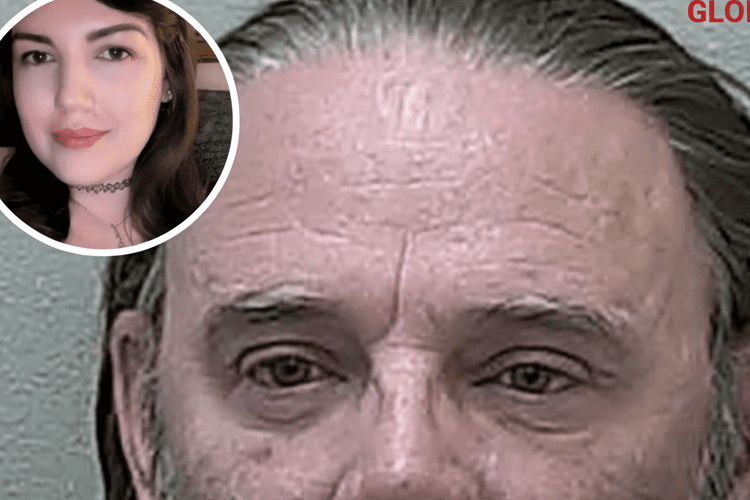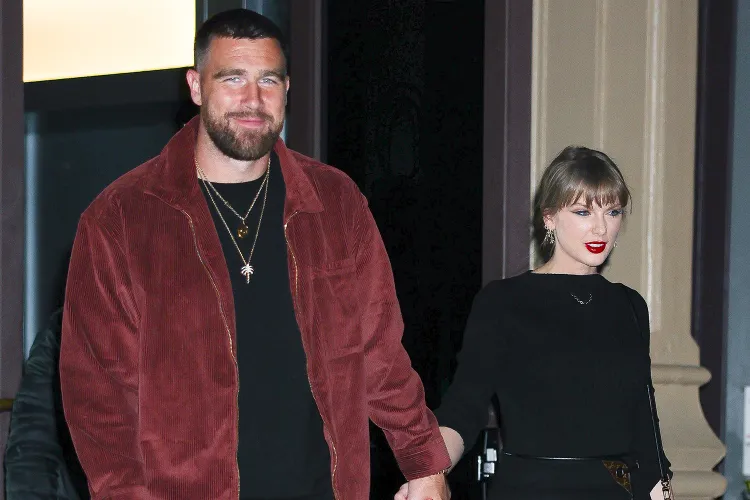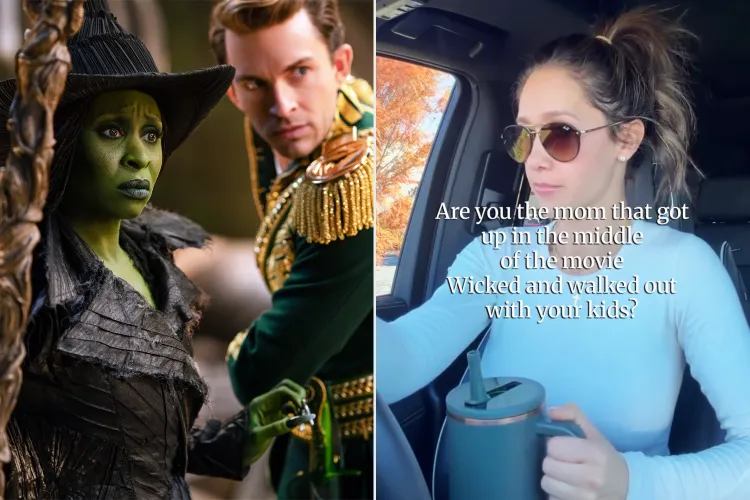From UK’s Dark Despair to Florida’s Shallow Grave: The Heartbreaking Story of Sonia Exelby’s Final Journey with a Stranger Who Turned Fantasy into Fatal Nightmare
In the dim glow of a London bedsit, where the rain pattered against fogged windows like a relentless reminder of isolation, Sonia Exelby sat alone one September evening in 2025, her fingers hovering over a keyboard that felt like a lifeline to oblivion. At 32, the soft-spoken graphic designer from Manchester had battled the shadows of depression for years—a silent thief that stole her sleep, her spark, and any whisper of hope for a future worth living. Friends described her as the quiet artist with a laugh that lit rooms, her sketches of whimsical forests a window into a soul that yearned for escape. But on that night, escape meant something darker: a post on a shadowy corner of the internet, a fetish forum where the desperate sought accomplices for their deepest despairs. “Looking for someone to sexually abuse and kill me,” she typed, her words a cry wrapped in code, born from a suicidal ideation so profound it blurred the line between plea and plan. What followed was a transatlantic odyssey that ended not in release, but in unimaginable brutality—a shallow grave in the Florida woods, dug by the hands of a stranger she’d trusted with her final breath, a tragedy that has left families, investigators, and a watching world grappling with the fragile threads between vulnerability and violence.
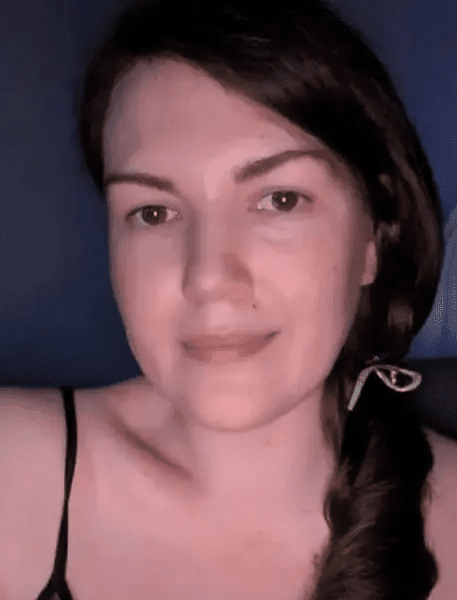
Sonia’s story didn’t begin in that online abyss; it unfolded in the gentle rhythms of a life marked by quiet struggles and unspoken pains. Raised in a terraced house in Manchester’s Chorlton suburb, she was the middle child of three, her parents—retired schoolteacher mum Helen and engineer dad Mark—nurturing her love for drawing from the earliest crayon scribbles. School friends recall a girl with kind eyes and a knack for making others feel seen, her artwork adorning local gallery walls by her teens. But beneath the creativity lurked a melancholy that deepened in her 20s: a string of unfulfilling jobs, a breakup that shattered her confidence, and the creeping isolation of adulting in a city that never sleeps but often feels empty. By 2024, Sonia had confided in a therapist about passive suicidal thoughts, the kind that whisper “what if” without a blueprint. “She wanted to feel alive, even if it hurt,” her best friend, Lisa Hargreaves, told investigators later, tears tracing paths down cheeks still flushed from shock. It was Lisa who noticed the change—the way Sonia’s social media went quiet, her sketches turned somber, until one frantic call in early October: “I’m going away for a bit. I need to sort my head.”
That “away” was Orlando, Florida, a sun-soaked escape that masked the gravity of her intent. Sonia boarded Virgin Atlantic Flight VS19 from Heathrow on October 10, 2025, her carry-on stuffed with sketchpads and a single change of clothes, her passport stamped with the casual optimism of a holidaymaker. But this was no beach getaway; it was a pilgrimage to peril, sparked by a response on that fetish site from Dwain Hall, a 60-year-old handyman from Ocala, Florida, whose profile promised the “violent end” she sought. Hall, with his salt-and-pepper beard and a bio laced with dark fantasies, had replied within hours: “I can help you find peace.” Their chats escalated over weeks—Sonia’s messages a mix of hesitation and resolve, Hall’s assurances laced with a eagerness that should have raised alarms. “She was vulnerable, searching for someone to listen,” Marion County Sheriff’s Lt. John Dozier said in a press conference on November 15, his voice heavy with the sorrow of a case that blurred consent and coercion. “But what she found was exploitation.”
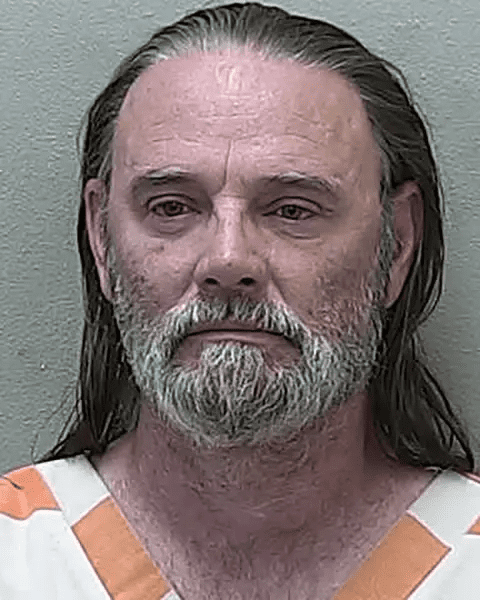
Sonia’s first—and last—days in America unfolded like a fever dream scripted by despair. She checked into a budget motel near Orlando’s theme parks, the irony bitter: Mickey Mouse balloons bobbing outside her window while inside, she paced, video-calling Lisa to confess her plan. “I’m scared, but I think this is it,” she said in a clip later recovered from her phone, her voice trembling as she clutched a daisy-chain necklace, a gift from her mum. On October 11, she rented a silver Hyundai from Enterprise and drove the 80 miles northwest to Ocala, horse country where Spanish moss drapes like veils over oak-lined roads. Hall met her at a Wawa gas station, his pickup truck idling like a harbinger, and what happened next remains pieced from digital breadcrumbs: texts timestamped at 2:17 p.m.—”On my way”—followed by silence. Friends like Lisa, frantic after no check-ins, alerted Manchester police on October 13; by October 17, Florida authorities, tipped by a tipster spotting the rental car abandoned near Hall’s rural trailer, launched a search that unearthed horror in the Ocala National Forest.
Hunters on a deer stand first spotted the anomaly—a mound of red clay barely six inches deep, pine needles scattered like a hasty shroud, just 200 yards from a dirt track. Sheriff’s deputies arrived at dusk, their flashlights cutting through twilight to reveal Sonia’s body, clad in the jeans and hoodie she’d packed, her face bruised beyond recognition, ligature marks circling her neck. The autopsy, conducted at the Marion County Medical Examiner’s Office, confirmed death by blunt force trauma and strangulation, her last hours a blur of brutality that no “agreement” could justify. Hall, holed up in his single-wide with a Bible on the nightstand and a fetish forum open on his laptop, surrendered without a fight on November 15, his arrest captured on body cam as he muttered, “She wanted it.” Charged with first-degree murder, abuse of a corpse, and tampering with evidence, Hall faces life without parole if convicted, his bail denied amid fears he’d flee to the woods that swallowed his secret.
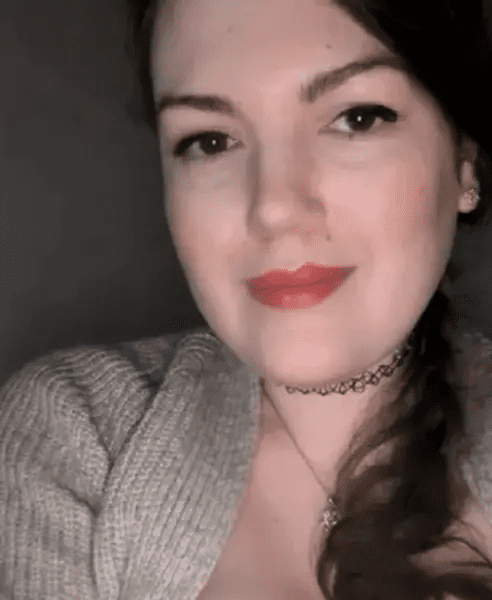
For Sonia’s family, 4,000 miles away in a Manchester suburb now shrouded in grief, the news landed like a thunderclap on a clear day. Helen Exelby, 62, collapsed in her kitchen upon the call from U.S. authorities, Mark’s hands shaking as he booked the first flight to Orlando. “Our Sonia was our light—she drew us pictures of hope when we were low,” Helen told reporters at Manchester Airport, her voice a fragile thread holding back sobs, clutching a sketch of a sun-dappled meadow Sonia had gifted for her 60th. The couple arrived in Florida on October 20, walking the forest trail hand-in-hand, leaves crunching underfoot like accusations. “She was hurting so much, but we thought she was getting help,” Mark said, his engineer’s precision cracking under emotion. Back home, Manchester rallied—a vigil at the town’s cathedral, candles flickering in Sonia’s honor, friends sharing stories of her kindness, the way she’d illustrate children’s books for free at local libraries. “She didn’t want to die—she wanted to be free of the pain,” Lisa Hargreaves whispered at the service, her arm around Helen, the two women bound by a loss that defies words.
This tragedy isn’t just a crime story; it’s a searing indictment of the shadows where desperation meets danger, the online underbelly where fetish forums like the one Sonia stumbled upon—platforms like FetLife or darker corners of Reddit—promise catharsis but deliver catastrophe. Experts like Dr. Sarah Thompson, a UK-based suicide prevention specialist, call it “suicide by proxy,” a rare but rising phenomenon where the suicidal seek accomplices for acts they can’t commit alone. “Sonia’s case highlights the lethal intersection of mental health neglect and digital anonymity,” Thompson told BBC in a follow-up report, her words a call for better safeguards—AI-flagged posts, therapist hotlines embedded in apps, a safety net for the soul-sick scrolling in the night. In the U.S., where Sonia landed, the stats sting: 49,000 suicides in 2024, per CDC, with online influences spiking 20% among young adults. Hall’s profile, scrubbed post-arrest, had lurked for years, his messages to others a pattern of predation masked as pity. Marion County Sheriff Billy Woods, his face lined from 30 years on the force, vowed justice: “No one gets to play God with another’s life—not for fantasy, not for anything.”
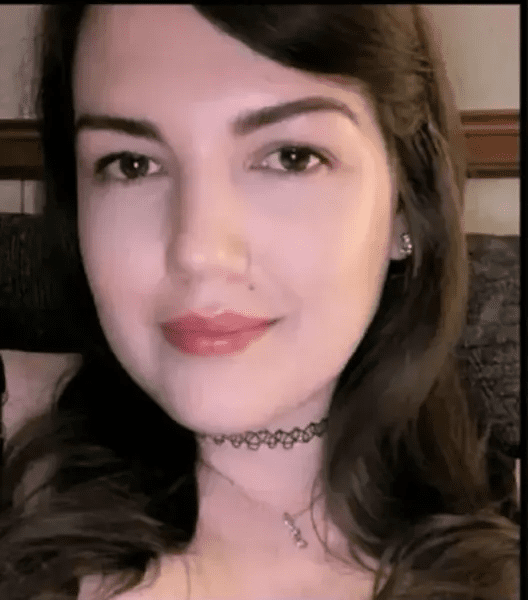
For Sonia’s loved ones, justice feels like a distant shore, the ocean between Manchester and Ocala a chasm of what-ifs. Helen and Mark returned home on November 1, her ashes scattered in the Peak District where Sonia once hiked with sketchpad in hand, wildflowers nodding in the wind like silent sentinels. “She came to America dreaming of peace, but found pain,” Mark said in a family statement, his words a plea for awareness. Friends launched a GoFundMe for mental health scholarships in her name, raising £50,000 in days, a legacy of light from loss. Lisa, vowing to honor her friend’s art, plans an exhibit of Sonia’s work—forests alive with hidden hope, a counter to the darkness that claimed her.
As November’s chill settles over Florida’s forests, where deputies comb for evidence and Hall awaits trial in a stark cell, Sonia’s story lingers like a half-finished drawing—beautiful in intent, broken in execution. It’s a call to the world: listen to the quiet ones, bridge the gaps between despair and help, remember that behind every online avatar is a heart beating for connection. For Helen and Mark, it’s a daily dawn without their daughter, but with memories that warm like her sketches on the fridge. In the end, Sonia’s journey wasn’t just a tragedy; it was a testament to a spirit that sought solace in the storm, a reminder that even in the gravest shadows, light can be reclaimed—one story, one sketch, one step at a time.
